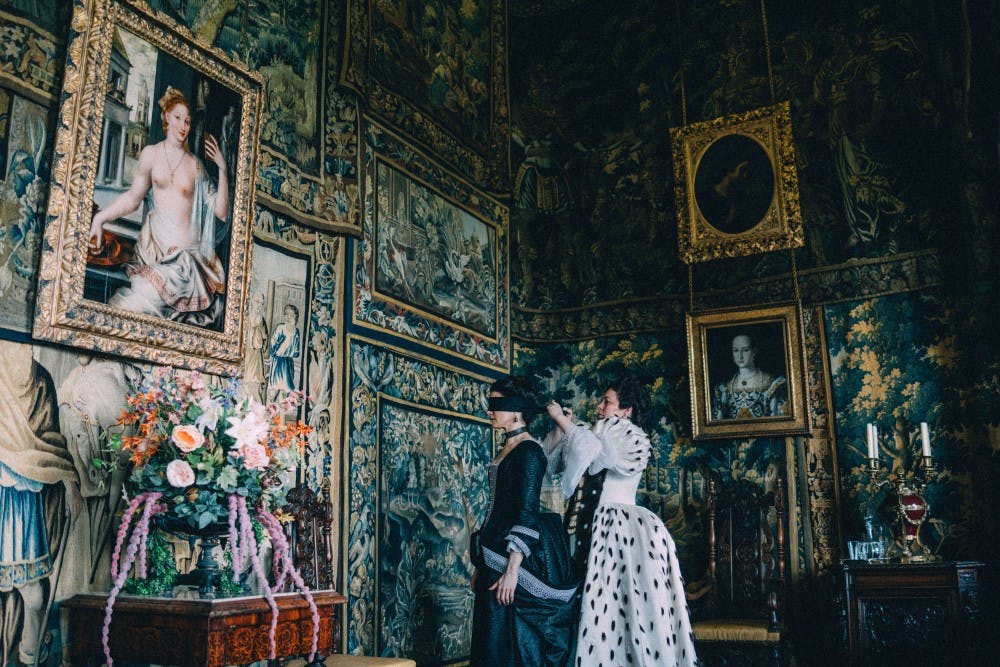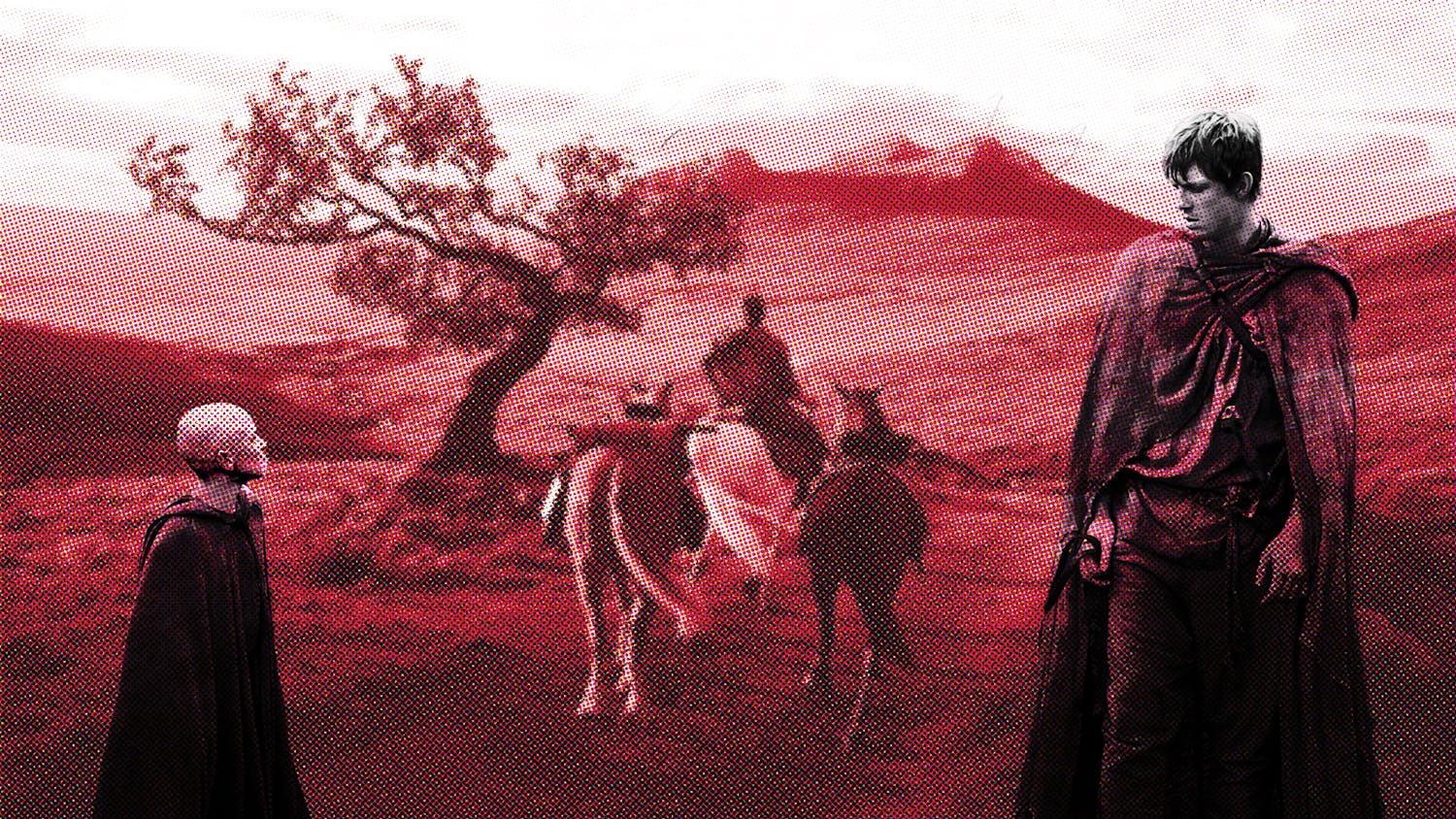It's no surprise that the subject of women ruling on their own has come into focus in recent film. The belief that women would be unfit to run a modern country can be countered with historical precedent—filmmakers and feminists alike insist that women, when allowed, have ruled with the same degree of competence as men. Two individual films focused on queens (Mary Queen of Scots and The Favourite) show two entirely different takes of women in power: one a success and one a flop.
Mary, Queen of Scots focuses on the titular queen (Saoirse Ronan) and her political and personal actions after the death of her first husband, leading to her ultimate death at the hands of her counterpart and relative, Queen Elizabeth I (Margot Robbie). While the film itself has come under fire for its historical inaccuracies, it is not in these changes to history that Mary Queen of Scots fails—it is in how it portrays its queen.
The portrayal of Mary is clearly tinged by the new trend of how “feminist icons” of history should be written, performed, and framed in history. Queen Mary is opposed by a series of one–dimensional villains who seemingly have no character motivations, flipping back and forth between charming the queen and plotting against her within the minute. This happens most damnably to her second and third husband (Jack Lowden and Martin Compston), who are so muddled that they have no character. The vague antagonist, too, falls completely flat: John Knox (David Tennant) does nothing but yell about God and how Mary is a harlot.
There is no moment for Mary to ever be seen in a critical perspective. She is depicted as faultless even as she turns away potential allies with her brashness. This is not to say the men around her didn't try to manipulate her for the crown or that Queen Mary’s rule wasn't tinged by sexism, but the filmmakers face the issue that so much modern media about women does: It fails to actually make the content feminist. If we cannot acknowledge Mary’s faults, then Mary herself, paradoxically, becomes an anti–feminist figure. Portraying women as complex is where feminism lies.

Mary, Queen of Scots || Photo by Liam Daniel / Focus Features
In contrast, The Favourite is a delicate, quiet film which focuses on the mostly unheard story of Queen Anne of England (Olivia Colman), who ruled for five years in the early eighteenth century with no husband, similar to Mary. Queen Anne, however, is far from the unflawed angel that Mary is seen as. She is an aging woman who is both physically and mentally crumbling, aided by her close associate and lover Sarah Churchill (Rachel Weisz). When her cousin Abigail Hill (Emma Stone) enters court, the two fight for Anne’s attention. The world of The Favourite is similar to those of director Yorgos Lanthimos’ other films: too vast to comprehend, filled with moments of silence, tension, and casual violence in a delicately framed way. Such a set–up allows for the characters of Abigail and Sarah to subtly battle, fighting against the court's expectation that they will be prim and proper.The depiction of women is poignant, honest, and unwaveringly complex.
Unlike Mary director Josie Rourke, Lanthimos is unafraid of showing a woman in decay and a woman at fault. Queen Anne is thrust violently between emotions, yet it is still clear that she is both a victim and a bully; this is the same for Sarah and Abigail, who vie for attention and power in entirely different ways, pursuing immoral means to reach it. The three main women are not only allowed to be at fault, but they’re spurred by it. Mary Queen of Scots fails to acknowledge any of the failures of its titular queen in favor of insisting that it is a feminist piece, while the best portrayal of women is when they are allowed to make mistakes and be critiqued for it.
“Bow to no one,” declares the poster for Mary Queen of Scots. This is intended to be a statement of strength, but the truth is that bowing to no one is not how masterful leaders rule. Women can be leaders and they can rely on others to lead. They can be flawed, crumbling, and quite un–beautiful. Most of all, they can be people. Until media acknowledges this and still shows these women as capable of being leaders, it cannot, and should not, be hailed as feminist.
Many praised kings are those who make mistakes. Mary Queen of Scots does far less for the queen than the flawed depiction of Queen Anne in The Favourite. It fails to actually paint Mary as a flawed person, as someone who makes mistakes and who is able to grow. In Mary Queen of Scots, she is untouchable.







